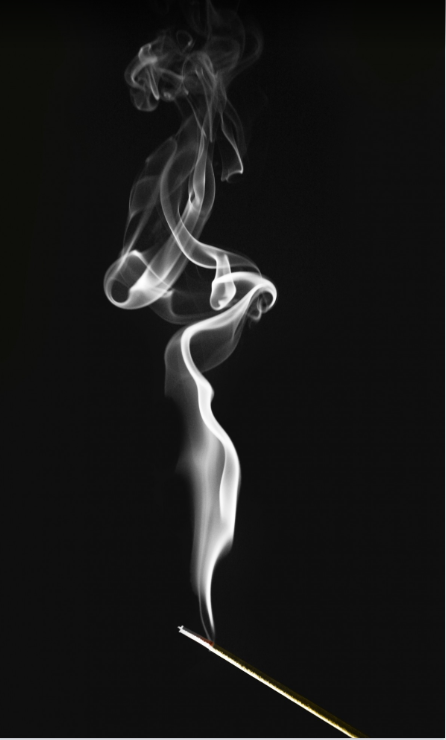Anosmia or the lack of a sense of smell can be triggered by head injury, nasal tumors, radiation, or viral infections, just like COVID-19. Anosmia is not something that's been looked upon as much as sight loss or hearing loss since it's "not that big of a deal," says Jacob LaMendola, who suffers from anosmia as well.

Read also: Study: Pollution Plays Role in Coronavirus Spread; Which US State Will be the Next Target?
COVID-19 Relevance to Anosmia
In Germany, there at least two out of three confirmed COVID-19 patients who have anosmia. That is according to a joint statement from Claire Hopkins of the British Rhinological Society and also Nirmal Kumar, the president of ENT U.K., who represents ear, nose, and throat surgeons.
Over in South Korea, about 30 percent of patients testing positive of COVID-19 have had anosmia as their major symptom in otherwise "mild" cases.
The increase in COVID-19 patients who have reported a temporary loss of smell is now so significant that in some countries, like France, patients who lose olfactory senses are now diagnosed with having COVID-19 without being tested. AbScent, a U.K. organization that aims to raise public awareness of olfactory loss, has posted on their homepage: "AbScent advises that if you experience sudden-onset smell loss that you quarantine immediately for a minimum of seven days."
Several scientists in Italy, Iran, and Iceland are already creating studies specifically about the phenomenon. Also, researchers from Israel's Weizmann Institute of Science and Edith Wolfson Medical Center, have been developing an online platform called, SmellTracker, that lets visitors measure their perception of a smell.
The five-minute test uses common household items like toothpaste and vinegar to be able to detect early signs of COVID-19. This tool has been able to help identify cases that were also later confirmed, which the researchers report.
Read More : Research Says that 80% of COVID-19 Patients Contracted the Virus From Someone Who Showed No Symptoms
Viruses Like the Coronavirus Affecting Smell
Post-viral anosmia is one of the leading causes of anosmia in adults, which accounts for up to 40 percent of cases reported by the British Rhinological Society. There are still no numbers of how many COVID-19 cases have experienced it, or will it be a lasting condition. Scientists can only rely now on anecdotes and try to gather as much information from smell loss from colds and flu.
Steven Munger, the director of the University of Florida's Center for Smell and Taste, had this to say about anosmia in COVID-19 patients, "The majority should see recovery in days to weeks, a smaller subset from weeks to months ... and the smallest group will see only partial recovery or permanent anosmia or hyposmia,"
What's Anosmia Actually Like?
A study from the U.K.'s University of Eat Anglie published last year in the journal of Clinical Otolaryngology that smell loss can disrupt almost every aspect of life. Right from the practical towards the emotional.
Duncan Boak, a person who now has anosmia due to a head injury back in 2005, had this to say, "I lost many of the emotional peaks of life's experiences -- less joy, less excitement," he was able to share his story with Fifth Sense, a U.K. charity for people who are affected by smell and taste disorders.
Anosmia impacts taste; some people even describing a dulling so dramatic it feels like shifting from living in color to living black and white.
Read More : Black Americans Have a Higher Coronavirus Risk
ⓒ 2026 TECHTIMES.com All rights reserved. Do not reproduce without permission.




